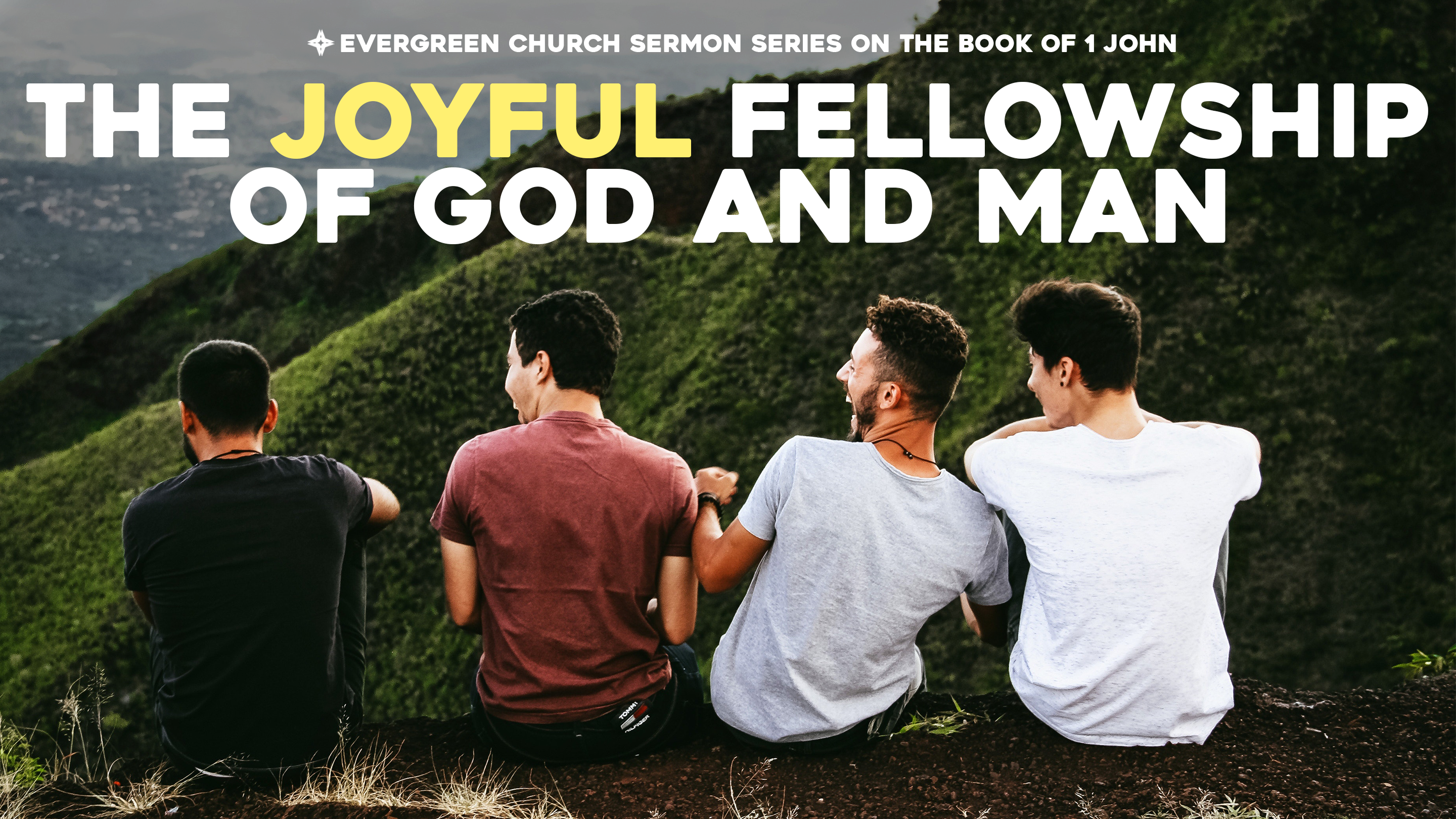
[Listen to an audio verison here]
The Need for Faith
Our society does a lot to ignore the reality of death. We want to look young. The cemeteries are somewhat hidden. You will see many commercials about preparing for retirement. Very few about preparing for after retirement.
In spite of all this, the truth is that this world is a tomb. It is a place of death. It is a place where the dead are buried. When you think about it, we have lost a lot of people close to us this year. Kelsey just lost her Grandfather this past week. I lost a Grandmother last month. Jackie Bain lost her grandfather. Diane lost her husband Bobby. Deb Bain lost her husband Steve, and we lost an elder and leader in our church. Lisa Suplee lost her Father and her Uncles. Penny Reeder lost her Mother. This world is a tomb.
In the Bible, death is not just physical death. It is spiritual death. The presence of physical death is the result of the death of our relationship with God. The separation of the body from the soul is rooted in our separation from God. Out of our separation from God flows a separation from other people. This separation from other people leads to war and to death like it did with Abel and Cain.
That’s why there cannot be joyful fellowship with God and man. There is death. This spiritual death manifests itself in physical death. This spiritual death has made this world a tomb.
Into this world of death, God sent His Son. His Son died the death we deserved to die and experienced the separation from God that we experienced when He cried out, “My God, my God, why have you forsaken me?” However, He rose from the dead. He conquered death. He brought about new life and new hope.
If we have Jesus, then we have life. “And this is the testimony: God has given us eternal life, and this life is in his Son. Whoever has the Son has life; whoever does not have the Son of God does not have life” (1 John 5:11–12). What does this mean? It means that instead of a sentence of death, we have life. This means we enjoy a restored relationship with God forever! That’s what we have when we have the Son.
Now, we might ask, why then do we have to die? For the believer, death is a liberation from the presence of sin. When we come to Christ, He breaks the dominion of sin. At death, He frees us from the presence of sin. When Jesus comes again, we will have our bodies restored but in a glorified way like Jesus. “But we know that when Christ appears, we shall be like him, for we shall see him as he is” (1 John 3:2b).
This is why we need faith in Jesus. “Whoever believes in the Son of God accepts this testimony” (1 John 5:10). When we believe in Jesus, we accept what God says about Him. We accept that it is true and that it is what we need. We are saying that Jesus can do for us what we cannot do for ourselves. That is the power of faith. It is not the greatness of faith that saves. It is the Christ in the faith that saves.
The problem we face is that there is much pressure in the world to go in a different direction. It tells us, focus on what we see. Focus on what we can get. Make this world about you. This is what John calls the lust of the flesh, the lust of the eyes, and the pride of life (see 1 John 2:15–17).
So, how do we overcome the world and obtain life in Jesus? “This is the victory that has overcome the world, even our faith. Who is it that overcomes the world? Only the one who believes that Jesus is the Son of God” (1 John 5:4b–5). Do we want to overcome the world? We need more faith! If we feel like the world is attacking us, we need the faith that enables us to overcome the world.


